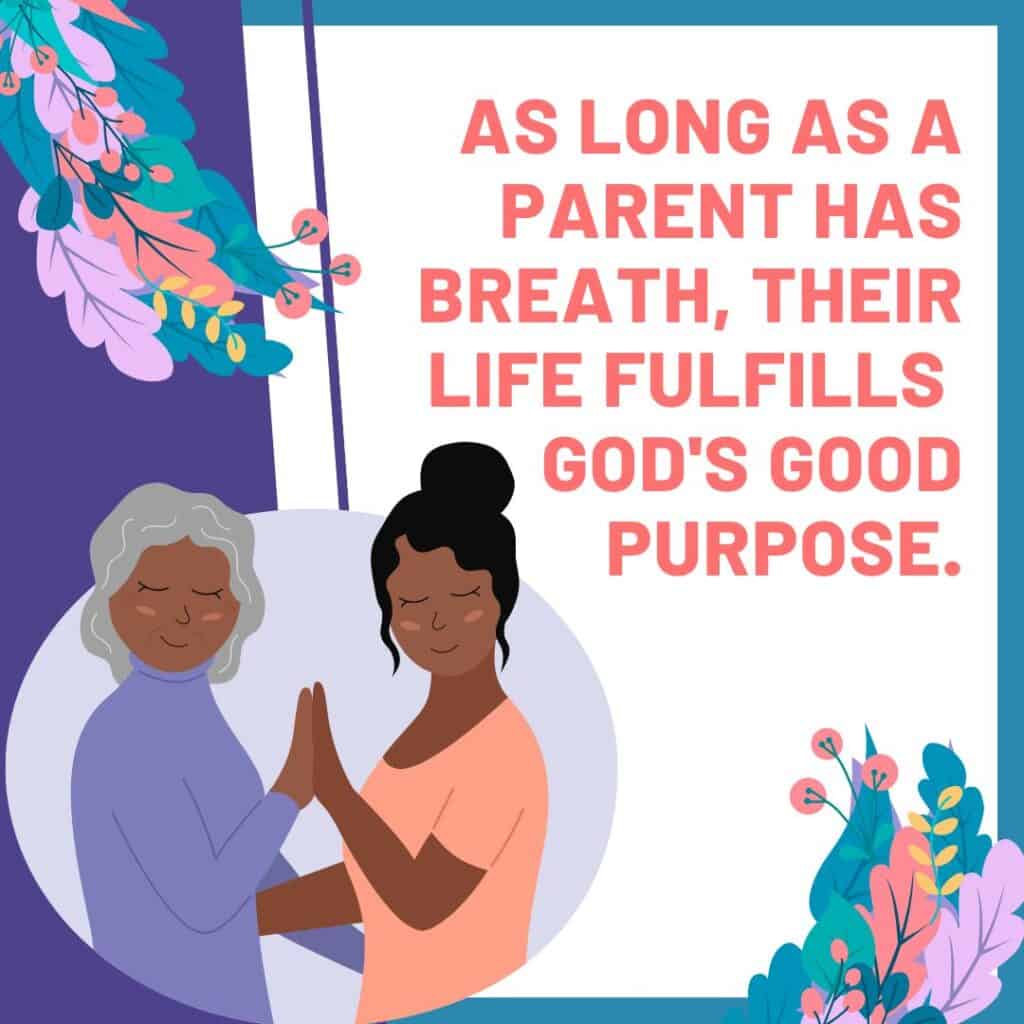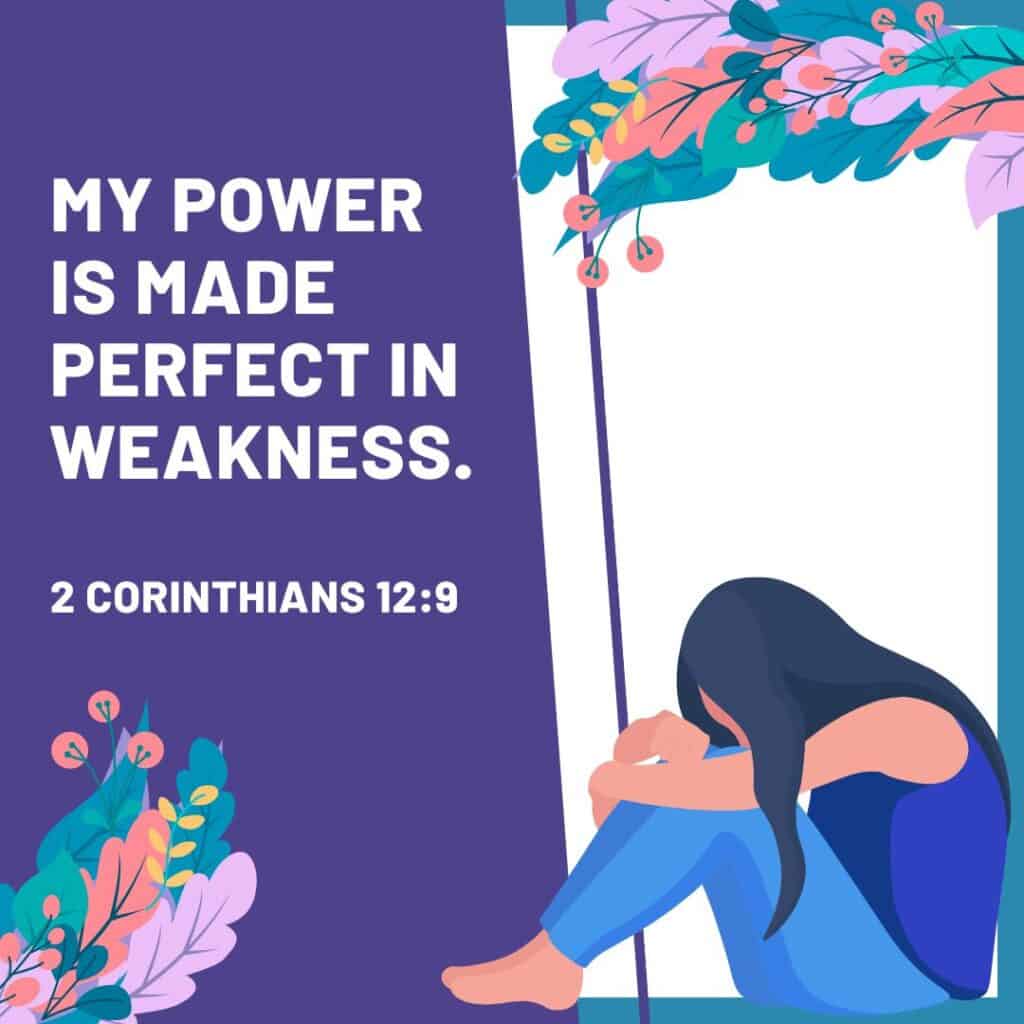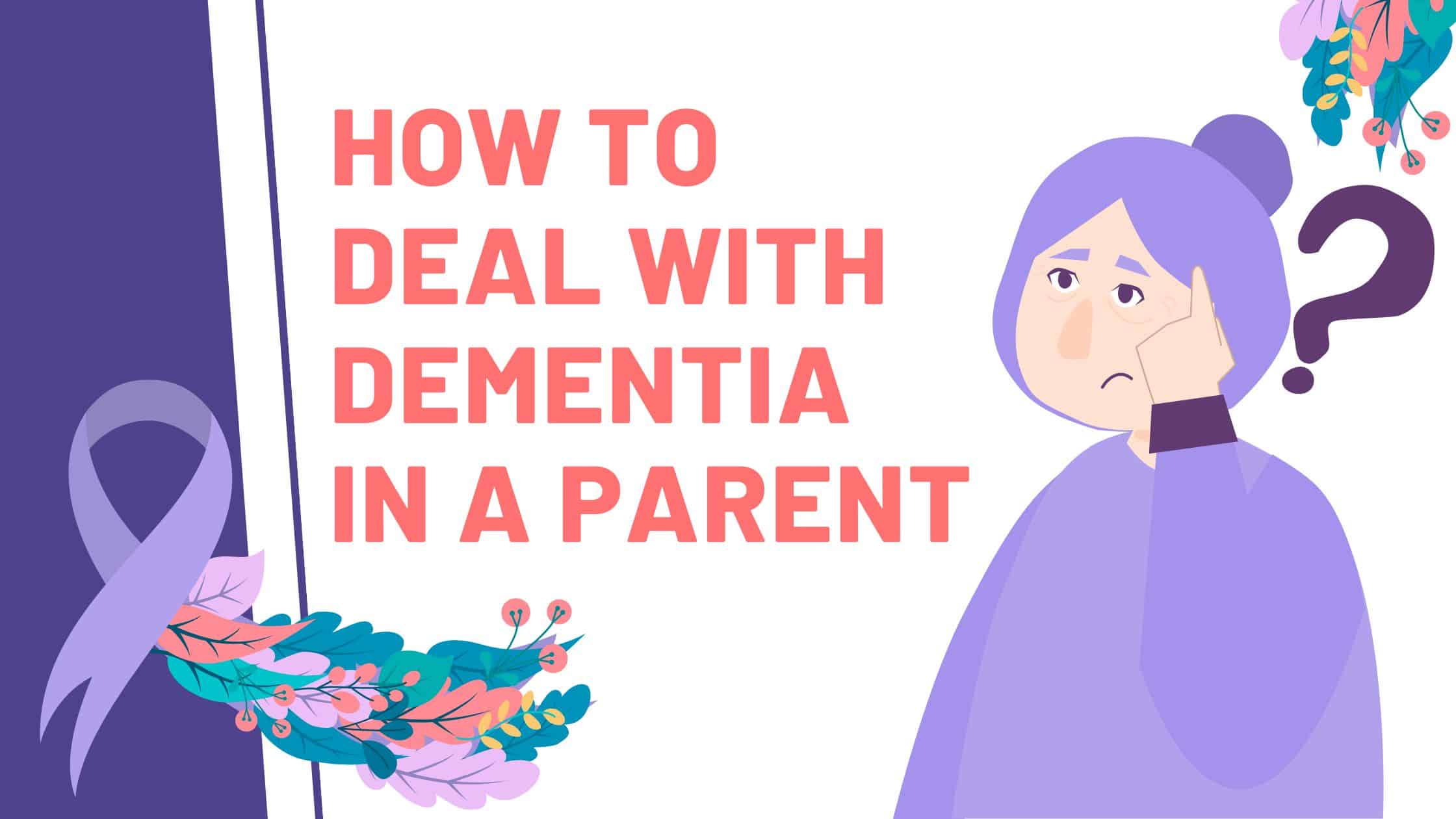When I first learned how to deal with dementia in a parent, it came alongside one of the funniest conversations I have had with my mom. We were discussing Christian authors. I listed some of my favorite writers, including Henri Nouwen, Phillip Keller, and Max Lucado. When I said, “Max Lucado,” my mom looked at me, puzzled. I repeated his name. “Max Lucado.”
Another puzzled look.
“I like Max Lucado,” I repeated a third time.
Finally, my mom looked at me exasperated and said, “I know! I like ‘Mashed Potatoes’ too!”
The Beginning of Dementia
My beautiful mom was diagnosed with dementia in 2019, but my Pop and I recognized symptoms at least a year before then. As with many early signs of dementia, my mom repeatedly asked the same questions. She had difficulty remembering how to get to local destinations and was easily confused and overwhelmed. Rhythms and routines were disrupted by anxiety. Mom stopped driving, cooking, and leaving the house alone.
It was difficult for me to learn how to deal with dementia in a parent. It was just as difficult for my Pop. Late in 2019, my Pop found a memory care community for patients and their spouses outside San Miguel Allende in Mexico.
My folks had vacationed in San Miguel annually for almost ten years. They were comfortable there. It was a place of rest and relaxation. When their plans to move to San Miguel seemed to be falling into place, my Pop prepared their home in Oregon for sale.
And then the pandemic locked down the world.
Their home came off the market, and it was a year before discussions of moving to Mexico came up again.
Waking Up to God’s Call
When I’ve been called to do something, it feels like the Lord is saying, “Remember? We talked about this when I was knitting you together. This is who I made you to be.”
Like waking up and remembering I must go grocery shopping, the call to leave everything in San Diego and follow Jesus to Oregon was simply part of my heartbeat one morning. I was determined to face dementia with my family, and walk alongside them through it. And that meant I had to learn how to deal with dementia in a parent.
So, when the conversation of Mexico resurfaced, I countered with an offer to move in with my parents, allowing them to age in place.
They accepted.
On July 1, 2021, I left my place in California and drove to a small town just north of the Oregon state line. I moved in with my parents at 58 years old and after 30 years of living alone.
Preparing My Mom to Deal with Dementia

After several months of living in my parents’ home, there is one day that stands out. It was the day I realized where my mom is going and that none of us can go with her.
It was the first time my mom did not know who I was.
I could have dissolved into tears if it wasn’t for her excitement over discovering that we are related and I am her daughter. Gratefully, there have been only a few of these occasions.
What this moment did do is inspire me to prepare my mom for the unknown path that lay ahead. The truth that Jesus will remain by her side no matter where she is was critical. To impress this on her heart, we practice this exercise regularly.
Me: “When you lie down…
Mom: “Jesus is with me.”
Me: “When you eat dinner….”
Mom: “Jesus is with me.”
Me: When you watch TV….”
Mom: “Jesus is with me…”
Me: “When you read your books…”
Mom: “Jesus is with me.”
Me: “No matter where you go…”
Mom: “Jesus is with me.”
Dealing with the “Eve” in Me
I once read, “Introverts do not need to be happy; they simply need things to make sense.”
Being an introvert, this rings true for me. And one of the things I have learned in how to deal with dementia in a parent, is that I have to deal with the “Eve” in me.
When I moved in with my parents, I was determined to be a “student of dementia.” In my mom’s early stage, I thought I had a good grip on what was happening. What I did learn is that dementia does not make sense.
Recently my mom started “reading her food.” She studies her rice and, as if reading a book, traces invisible words over her food and reads things like, “Jesus, watch over us. You make good rice. I will eat my delicious rice….”
These moments are so endearing.
Still, the Lord shows me that dementia is like a branch on the Tree of Knowledge. I don’t need to know everything about it to love my mom well.
But on hard days, the enemy slithers in and tells me my beautiful mom doesn’t make sense.
The “Eve” in me rises up, and what was an endearing moment becomes absurd. Even when I know my mom struggles to understand what is happening, my desire to know why this is happening pulls an apple off the tree.
“What do you see when you’re reading, mom?”
“I don’t know.”
“Do you see words when you’re reading your food?”
“I don’t know.”
“Well, what do you see?!”
“I don’t know!”
My questions can be relentless. I must remind myself; when my mom looks at something with great intent, she is confused, not curious. And when my mom doesn’t want to do something, it is because she is afraid.
Even When Dealing with Dementia, She is Worthy of Breath

A caregiver we had helping us temporarily in our home showed me a letter a physician sent to the friends of a gentleman who had chosen to die under the Death with Dignity Act in Oregon. I could not finish reading his “celebratory” words. My heart fell to a depth I did not know.
My beautiful mom is not diminishing, nor is her life’s worth decreasing because she has dementia. Yes, she is growing weaker in mind and body. But we know that Christ says, “My power is made perfect in weakness” (2 Corinthians 12:9.) What I believe about my mom’s weakening capacity is that the Lord’s Power is being perfected in her.
It is no wonder the enemy makes a last attempt to steal dignity, not restore it, through assisted suicide. He will do anything to obstruct the power of God.
What Life Looks Like When Dealing with Dementia
Here are Some of My Real Fears
- When I forget something, I’m worried it is early onset dementia.
- I can wake up tomorrow morning, and one of my parents could be gone.
- My mom could fall and not recover.
- My once vibrant life will succumb to a sedentary existence.
- My mom will wander into a dangerous situation.
- I could experience a lifetime of regret for not doing a better job.
Here is What I Love
- My mom’s adorable expression when I get her out of bed in the morning. She looks like she’s done something mischievous by simply waking up.
- Drinking hot cocoa every morning.
- When I say, “Look to Jesus,” my mom knows it means to look up so I can put in her eye drops.
- Capturing something in a photo that proves Jesus is near.
- When I do my mom’s hair in the morning, she repeats the Serenity Prayer after me. (If you haven’t read the Serenity Prayer, I suggest you do. You might be surprised.)
- Hearing my mom pronounce Malachi as “Muh-lah-chee”.
- Seeing my mom clap when I ask her if she wants dessert.
- Finding “Thank you, Jesus!” written in the most unexpected places.
- My mom reading out loud. Sarah Young’s books are our favorites.
- When my mom asks if the zoo animals on TV are coming over for dinner.

Learning how to deal with dementia in a parent is difficult. But the point is this: we are living a life worth living.
If my mom has breath, her precious life fulfills a good purpose. At the very least, she is helping me become the person the Lord made me to be.
My beautiful mom reminds me as much as I remind her that no matter what happens, Jesus is with me.




















